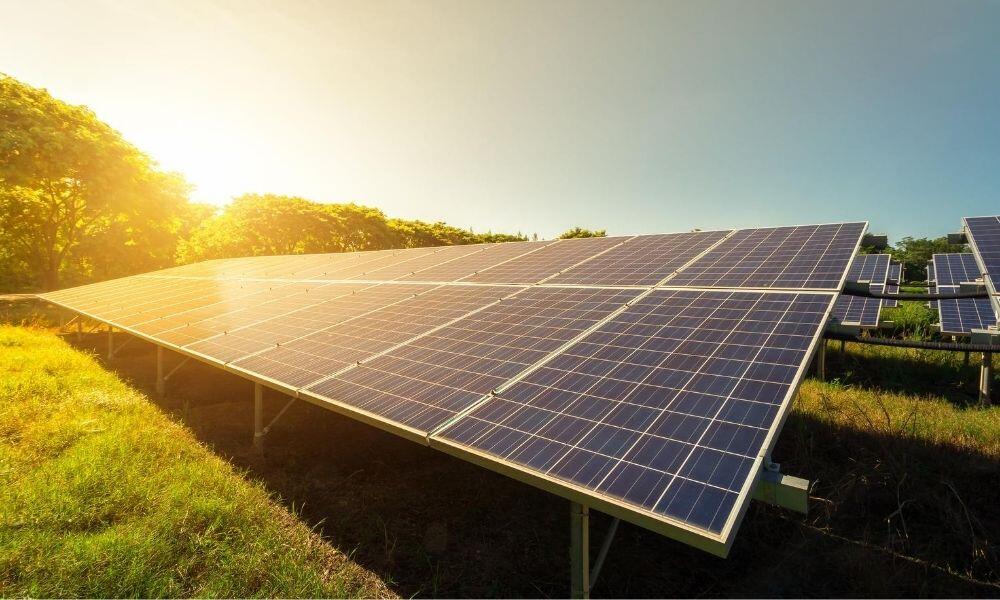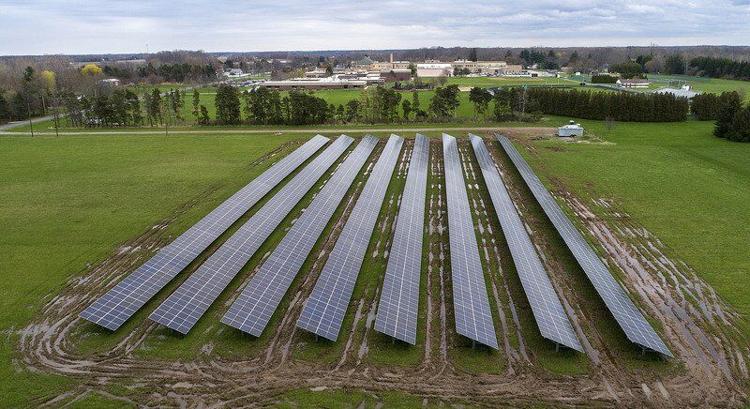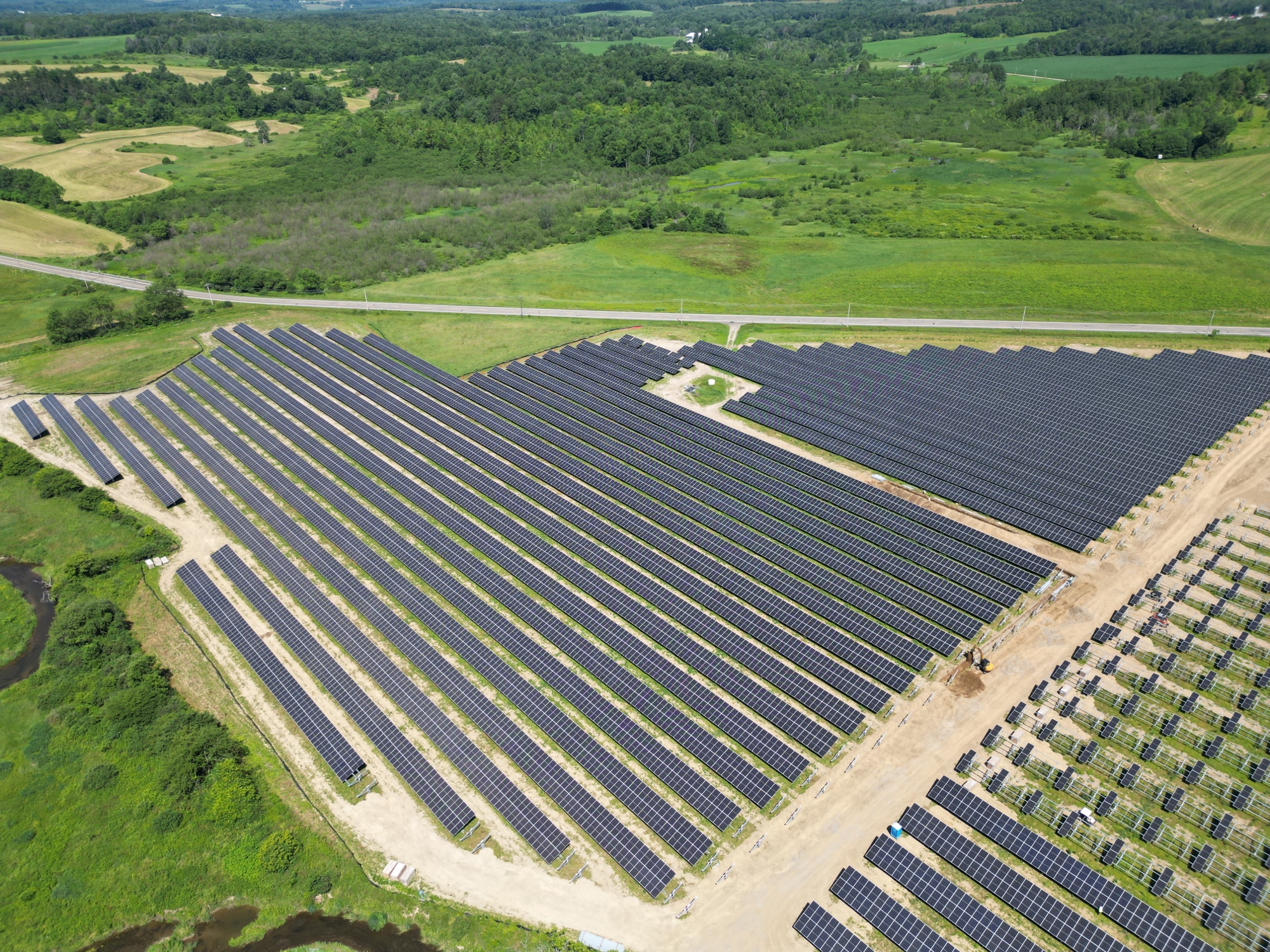Does Weather Affect Solar Energy Production?
Installing a solar power system for your home or business is one of the best investments you can make. Even just a small solar array can make a significant difference in your electricity bills. With a larger array and a solar battery pack to store the excess energy your solar panels produce, you may never have to pay for electricity again.
Despite all the advantages of solar power, many people remain hesitant to adopt it due to myths and misconceptions surrounding its impact on solar production in relation to the weather. While certain weather conditions can affect solar efficiency and energy production, modern solar systems are highly efficient and can continue to produce power even in adverse weather conditions.
Temperature
One of the most common myths is that solar panels don’t work in cold weather, which is definitely not the case. Solar panels rely on the light from the sun, not its heat, to produce energy. That means cold has zero effect on solar efficiency. The primary reasons solar panels may generate less heat overall during the winter months are that there are fewer hours of sunlight and the panels may occasionally be covered with snow.
While cold temperatures do not affect solar production, higher temperatures do reduce the efficiency of solar panels. When the sky is clear, solar panels can operate at nearly full capacity as long as the temperature does not exceed 77 degrees. Anything above this and solar efficiency usually decreases by approximately 1% per degree.
Clouds
Another misconception is that solar panels only produce energy when the sky is bright blue and fully clear. Cloudy weather does indeed impact solar efficiency by reducing the amount of sunlight that reaches the panels. Nonetheless, a solar system will still generate power even on extremely overcast days. On partially cloudy days, solar panels typically operate at around 50% of their total capacity. If there’s much heavier cloud cover throughout the day, their production could drop to as low as 10-20% of the total capacity.
Rain
Rain impacts solar production in several different ways. The first is that the cloud cover reduces the amount of light that reaches the panels. Rain droplets also scatter light, which can result in fewer photons reaching the panels. Water on the solar panels also reflects some of the light. While solar systems produce less energy during rainstorms, rainfall is still beneficial overall. Whenever it rains, the water washes away all the dirt and dust from solar panels, allowing them to work more efficiently once the weather clears.
Snow
If there’s only a light dusting of snow on your solar panels, some photons will still reach the panels and result in them producing at least some energy. If your solar panels are fully covered in snow, they won’t produce any power. The good news is that the sun melts snow off solar panels fairly quickly, even in cold temperatures. The fact that solar panels are angled also means that snow will promptly slide off them as soon as it starts melting.
There is considerable debate about whether to clean snow off solar panels. Cleaning snow off ground-mounted solar panels is easy, as long as you’re careful not to damage them. You can use a foam roof rake or snow brush with a telescoping handle to try to clean rooftop solar panels. However, most experts recommend against doing this due to the potential for the panels to get scratched or damaged, which would render them less efficient.
Wind
Wind typically has a lesser effect on solar power than other weather conditions. However, it can have either a positive or a negative impact in some situations. Wind can be beneficial on hotter days, as it helps keep the panels cooler, reducing the drop in production.
Wind can also cause the panels to become covered with more dirt and dust. A small amount of dirt and dust won’t lead to a significant drop in production, but you can see a fairly substantial decrease if the panels are excessively dirty and covered in a thick layer of dirt and dust.
That’s why it’s essential to have your solar panels cleaned periodically. If you live in an area that experiences fairly frequent rainfall, having a professional clean your solar panels once a year is typically sufficient. In a dry, dusty climate, having your solar panels cleaned at least twice a year will help boost year-round energy production.
With over 20 years of experience, Solar Liberty is one of the leading providers of residential solar services in New York, Pennsylvania, Ohio, and Vermont. If you’re looking to go solar, we can custom-design a system that perfectly meets the energy needs of your home or business. From there, we can also handle all necessary solar installation, maintenance and address any repairs to ensure your solar system continues to work efficiently for many years to come.
To schedule a consultation with one of our experts, contact Solar Liberty today.





